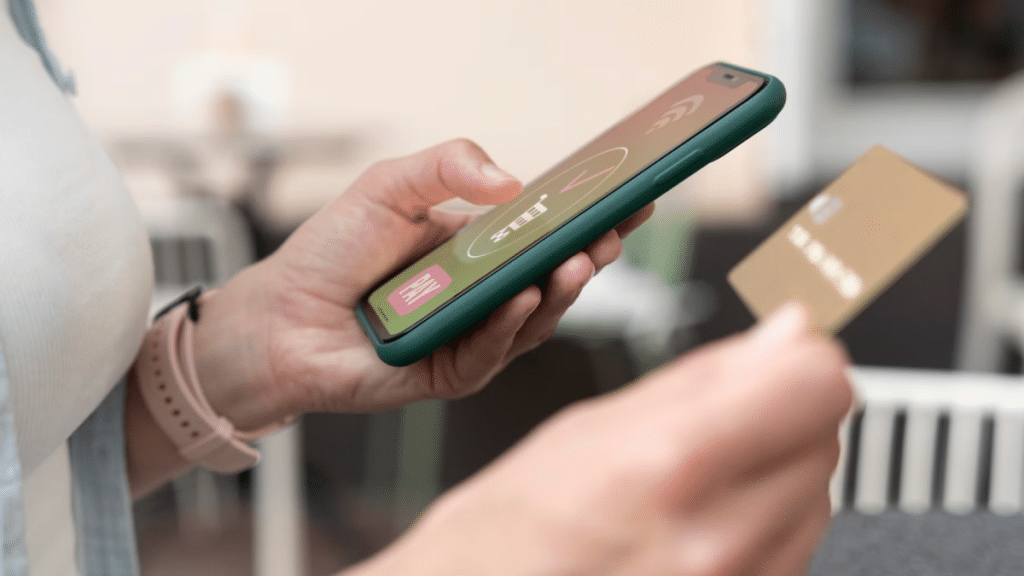In today’s digital world, where data security issues are becoming increasingly important, the choice between using a virtual phone number and a regular SIM card has serious implications in terms of protecting personal information. However, it’s important to remember that virtual phone numbers have somewhat limited functionality and can only receive SMS messages unlike a physical chip. So, if you are looking for a way to securely receive text messages without using your personal phone number, then this material will be very useful for you.
We approached the leading provider SMS-Man, which offers virtual phone number services for over 150 different countries, has a lot of positive reviews and a lot of experience in IT and cyber security. The leading experts explained to us that it is safer to use a traditional SIM card or its virtual analogue. So, let’s get started!
Virtual Phone Number and SIM card — Overview
A virtual phone number is a digital phone number that is not tied to a specific physical device. It works over the internet and allows users to receive text messages without the need for a physical chip.
A SIM (Subscriber Identity Module) card is a small plastic card containing an integrated chip that is used to identify a subscriber on a service provider’s mobile network. Each SIM card has a unique number that is linked to a specific subscriber number, through which you can receive or send messages, make calls and perform other cellular functions.
Virtual Phone Number or SIM card — What is Safer to Use?
Using both a virtual phone number and a traditional SIM card has its own peculiarities in terms of security. It is important to note that these are two completely different services, although they fulfil the same function.
- Virtual phone number: One of the main advantages of a virtual phone number is its ability to provide anonymity and privacy protection. Because these numbers are not tied to a specific device and can be temporary, users can feel more secure from potential identity leaks. This is especially important when registering on websites or using messengers where a phone number must be provided.
However, the security of virtual phone numbers often depends on which services are used to provide them. Some services may store data about your virtual numbers, which could entail a risk of information leakage if their systems are hacked or compromised.
- Physical SIM card: A regular SIM card, on the other hand, is a physical card that is tied to a specific device and subscriber number. Unlike a virtual number, which can be temporary and anonymous, a SIM card is usually tied to the owner’s personal information such as name, address and passport details.
This can pose additional security and privacy risks, especially if the SIM card device is lost or stolen. In addition, SIM card owners may face the threat of skimming or SMS interception, which can lead to sensitive data leakage and financial losses.
Conclusion
Overall, both options have their advantages and disadvantages in terms of security and privacy. Virtual phone numbers offer a higher level of anonymity and flexibility, while SIM cards, although tied to personal information, provide a more secure connection for traditional calls and messages. The choice between the two depends on individual needs and the user’s comfort level with the security of their data.
